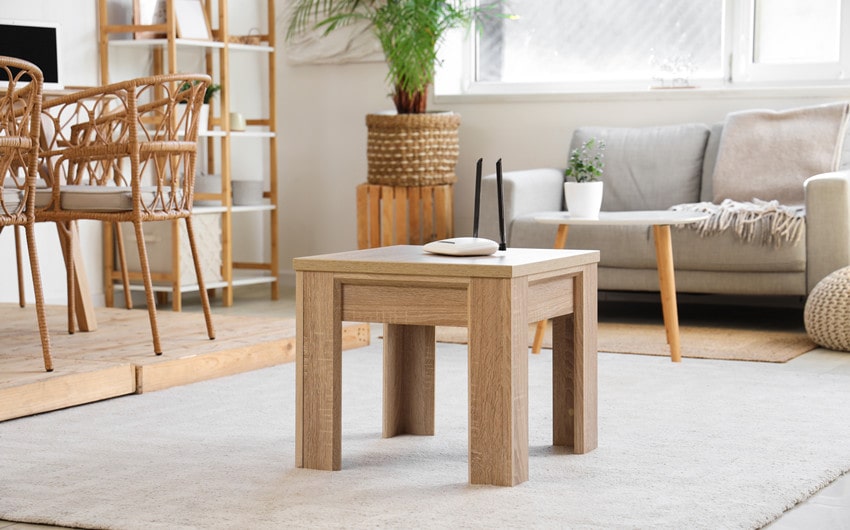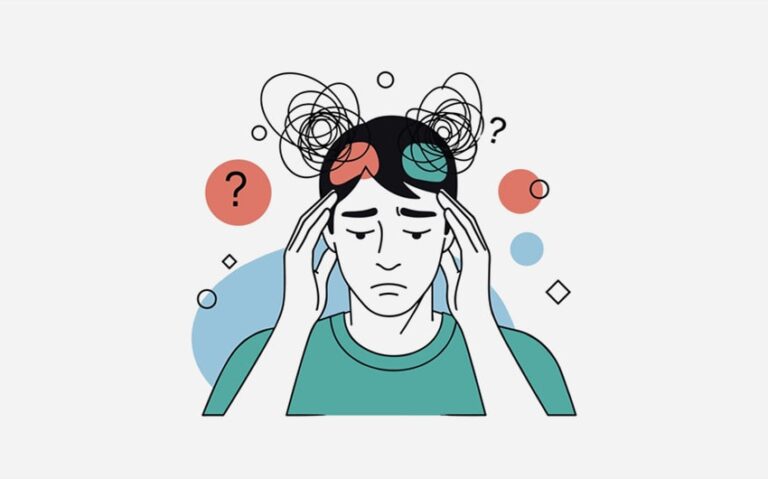5 Useful Tips for Securing Your Home Wi-Fi
The internet is available at the core of all activities in our daily life, from using smart gadgets, surfing online, using social media, to remote work. This makes Wi-Fi the most important element, and so is its security.
Internet providers with a good reputation ensure safety measures on their network. For instance, Spectrum, which is one of the top internet providers in the U.S., provides a security suite of built-in network firewalls with advanced threat protection like DNS filtering, blocking malicious sites, and real-time threats with its Spectrum Advanced Wi-Fi router.
Meanwhile, it also comes with a security shield that is a software (downloaded) to give antivirus and malware protection, along with parental controls. You can call Spectrum customer service for more information on this in case you’re looking to switch to a secure network.
Likewise, many other providers have such safety measures. But it is vital to take personal steps to ensure your safety. The good thing is that it doesn’t take a “tech-savvy” person to do the job.
The 5 simple steps we have detailed in this article will do the job and give you peace of mind by making your home Wi-Fi network safer.
1. Placing the Router in A Central Location
Securing the network starts with an optimal setup. For this, your router plays a key role. Wi-Fi is spread across the house and beyond. If you place it in a location where the neighbors or unwanted users can access it, that makes the network vulnerable and can be logged into easily.
So, keeping the router in a central location will help to keep your Wi-Fi connection within your home’s range –only a little signal might escape and won’t be hackable.
2. Creating A Strong Wi-Fi Password
Passwords have to be strong and secure for them to be unreachable by cyber-criminals. The passwords set by your internet service providers can be easily decoded using tools.
Thus, to improve your security, you should replace the default Wi-Fi password with a strong and unique one. So, what is a strong password and what should it include?
A strong and unique password must be:
• Long and complex (at least 16 characters, with a mix of uppercase, lowercase, and symbols)
• Or can be a secure passphrase, which can be a series of random words joined, for eg, Honking-Horns-Horns-Tooting-2X. It can be a funny or fun way to remember passwords, but it also has higher security.
3. Changing Default Network Name
This is the same as protecting your password and is equally important. You need to block access to the public or people outside your trust.
To do this, you need to change your router’s main admin name and the password. You have to log into your router’s settings by typing the IP address into the URL bar. However, most providers have an app to access the same settings and information.
The router’s credentials are different from the Wi-Fi network and passwords. The default one will be on the back of the router, which is usually like “admin” or “1234”, etc. To have a secure network, you need to have a secure SSID that doesn’t include any personal or identifiable information.
However, if you can’t figure it out, you can get in touch with your provider. So, like from the brand example above, you can simply call up Spectrum customer service for help in figuring out the default credentials and changing them.
4. Updating Your Router
Changing the passwords and all can be a great step, but updating your router and devices is also an important step. When companies become aware of the potential risks, they release updates and patches to reduce or eliminate them. You have to stay updated about them and keep downloading as soon as they come about.
Furthermore, if you haven’t changed your personal router in more than 3 years or are on an older version with your provider, it is time to upgrade. By upgrading to a WPA3 router, you will have the latest in security protocols. But if you have the latest one, you’ve got nothing to worry about.
Note: By an older router, we mean the one made before the year 2018, which would make it a WPA2 router. And, you can call up your provider, make a case, and negotiate to get a more recent model. It may cost a bit more –but security matters.
5. Creating A Guest Network
When friends or guests come over, it’s natural to share your Wi-Fi. However, giving them access to your main network could expose your devices and data.
What you can do instead is set up a guest Wi-Fi network with its own password. This keeps your primary network separate and secure while still letting visitors stay connected.
It is also ideal to use for your smart devices, such as cams, lights, thermostats, or speakers. This is because if they are hacked into, data won’t be vulnerable, as there isn’t much sensitive data, and your main network will stay safe.
Why Home Wi-Fi Security Matters?
Cybersecurity threats aren’t limited to businesses only. The reason is that more hackers are now targeting everyday households because of their vulnerable security. This means an unprotected Wi-Fi can lead to stolen personal information.
It can include very sensitive information like bank accounts, and if something happens, it makes it impossible to get it back from the same source.
It could also lead to identity theft, which is irreplaceable once it ends up on the dark web. All of this puts you and your family at risk, and that makes for an “at-risk” space, which no one wants.
Frequently Asked Questions
1. How is Wi-Fi protected?
Wi-Fi networks are protected through encryption. Encryption encodes and decodes data so that only authorized devices can read it. Modern routers use WPA2 or WPA3 protocols to provide this protection.
2. What is the best Wi-Fi protection method?
The best Wi-Fi protection is having the strongest available encryption. You need a WPA3 Personal. You also need to ensure a strong 12-digit password for your router, disable WPS, have updated router firmware, and utilize a guest network for visitors. It makes for an enhanced defense against attacks.
3. Can a VPN improve my Wi-Fi security?
A VPN is a great way to strengthen your home Wi-Fi security. A VPN routes all your internet traffic through an encrypted network (a VPN tunnel) between your devices and the internet.







